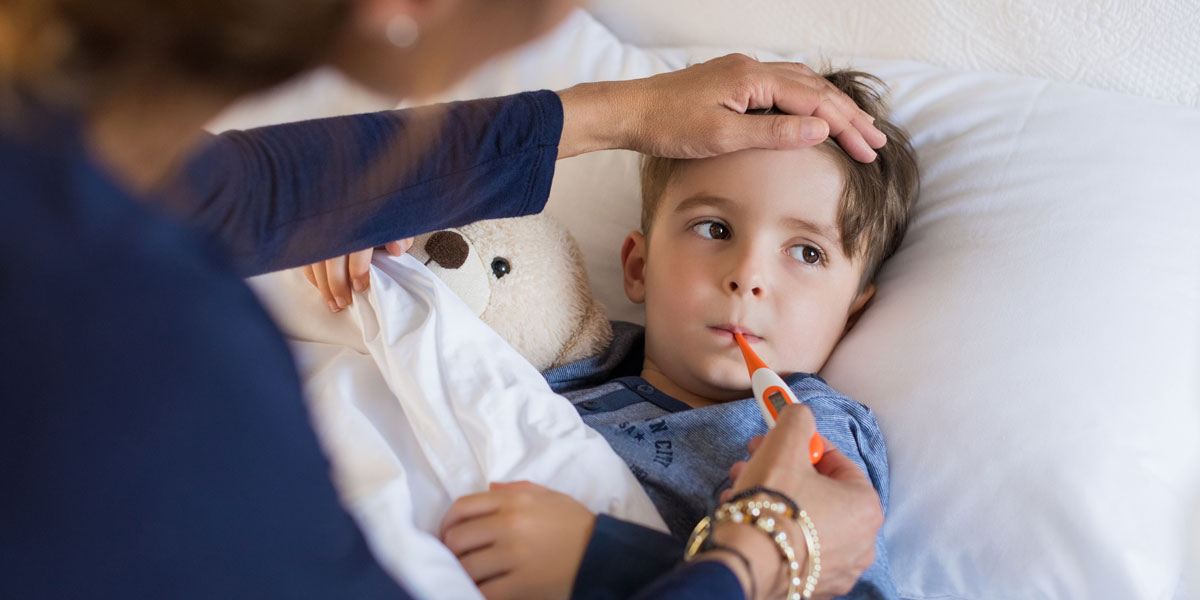The number of Alabamians showing signs of flu-like illness is rising with every passing week, according to the Alabama Department of Public Health. Statistics from the Centers for Disease Control and Prevention show Alabama to be one of three states with the heaviest flu outbreak.
Homes, classrooms and workplaces are breeding grounds for germs and bacteria. Experts at the University of Alabama at Birmingham recently provided tips on how to limit the spread in these places and protect friends, family and co-workers.
Start at home
“You cannot germ-proof your home, but you can clean and disinfect things to improve chances of preventing the flu,” said Suzanne Judd, professor in the UAB School of Public Health.
Cleaning commonly touched surfaces with soap, water and disinfectant sprays can kill germs and lower chances of becoming ill. The biggest germ sources in the home are surfaces such as countertops, doorknobs, computer keyboards, toys, phones and faucet handles.
If someone is sick in your home, Judd advises to avoid sharing items such as glasses, silverware and towels.
“If it is possible, choose a bathroom for the sick person to use and their own bedroom to sleep in and plan to clean these rooms daily,” Judd said. “Frequently washing your hands and having disposable face masks, especially for house members with medical conditions, are also good preventive measures.”
Educate children in the classroom
Break the Chain: How to prevent flu and COVID-19 infection
Teaching children about the flu and other contagious diseases starts at home but should continue at school, as well. Children spend most of their day at school or day care, so they need to be healthy and present to succeed in the classroom.
“There is concern that there will be higher rates of the common cold and flu this season due to less exposure to viruses and lower immunity stemming from the COVID-19 pandemic, so it is essential that school administrators, teachers and students remain vigilant,” said Retta Evans, professor in the UAB School of Education. “Finding ways to incorporate hand and surface hygiene education into your lesson plans makes learning fun and will resonate with younger children more.”
In classrooms, educators should take charge of teaching cleanliness and disinfecting techniques. Some activities include:
- Sing “If You Are Happy and You Know It, Scrub Your Hands” while washing your hands to ensure that students wash for the appropriate amount of time.
- Model how to wash your hands with the appropriate amount of soap.
- Cough or sneeze in the elbow/sleeve if tissues are not available.
- Simulate how germs spread by using a drop of unscented lotion and a pinch of glitter. Make a fist with glitter in it, then open the hand to show how glitter spreads. The teacher may touch another child’s hand to show how the glitter spreads easily. Use a paper towel to wipe off the glitter. The glitter is hard to get off, showing how easily germs spread from person to person.
Parents can also contribute to keeping germs out of the classrooms by:
- Sending hand sanitizer, paper towels, tissues and disinfectants to help keep the classroom clean.
- Keeping their child at home if they are running a fever, coughing or sneezing excessively or if they are lethargic or showing other symptoms of the flu. If symptoms persist, call your pediatrician.
- Talking to your children about the flu and its symptoms, so they can self-identify and practice self-care.
- Teaching children proper hand-washing techniques by supervising them a few times.
- Exemplifying cleaning behaviors by keeping your home organized and disinfected.
Keep it clean at work
Similar to infection prevention at home, Judd said following simple hygiene rules in the workplace can keep yourself and co-workers safe:
- Stay home if you are not feeling well.
- Wash hands frequently.
- Sanitize your hands often.
- Reconsider eating together if you or one of your colleagues has cold or flu symptoms.
- Minimize close contact such as shaking hands and giving hugs.
- Have cleaning supplies such as disinfectant wipes and sanitizers readily available.
If you have flu symptoms, isolate yourself. If symptoms persist, see a doctor. To keep yourself and others from getting seriously ill, get your flu shot today.
(Courtesy of UAB News)













